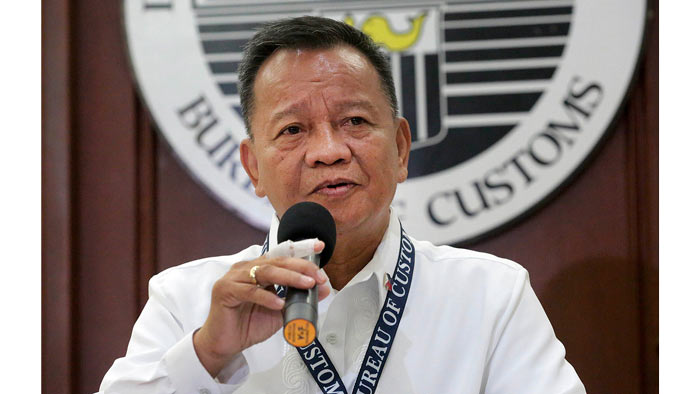
Philippine Customs Bureau prepares to implement fuel marking program
A task force to oversee the implementation of the fuel marking program has been created by the Philippine Bureau of Customs.
The Fuel Marking Task Force, which was created by Customs Special Order No. 49-2018, is chaired by the Customs agency’s Enforcement Group and co-chaired by the Intelligence Group. The group is tasked with formulating and preparing relevant administrative issuances subject to the approval of the Customs Commissioner and/or the Secretary of Finance. The task force will also supervise the overall implementation of the Fuel Marking Program and determine the administrative and logistical requirements to fully implement the program.
The Bureau of Customs is one of the agencies tasked with implementing the country’s fuel marking program which was mandated under the Tax Reform for Acceleration and Inclusion (TRAIN) law signed into law by Philippine President Rodrigo Duterte last year.
The fuel marking program is an anti-oil smuggling scheme “envisioned to curb illicit trade of petroleum products.”
Customs Commissioner Isidro Lapeña said the fuel marking program is being implemented “to plug leakages caused by fuel fraud. A robust fuel marking program will help return the stolen revenue to the government.”
According to the Department of Finance, the revenue loss from the non-payment of the correct excise taxes and value-added tax (VAT) due to smuggling or mis-declaration is estimated to reach PHP 26.87 billion (USD 508 million). The fuel marking program is expected to yield an additional PHP 20 billion (USD 378 million) to PHP 40 billion (USD 756 million) in government revenues.
“The fuel marking is required on all petroleum products that are refined, manufactured, or imported into the Philippines that are subject to the payment of duties and taxes such as but not limited to gasoline, denatured alcohol used for motive power, kerosene, and diesel fuel oil after the taxes and duties have been paid,” Lapeña said.
The agency will conduct field tests to check if the products being sold have fuel markers. “If the petroleum products do not contain the official marker or which contain the official marker but are diluted beyond the acceptable percentage, it shall be presumed that it was withdrawn with the intention to evade payment of taxes due,” Lapeña said.








